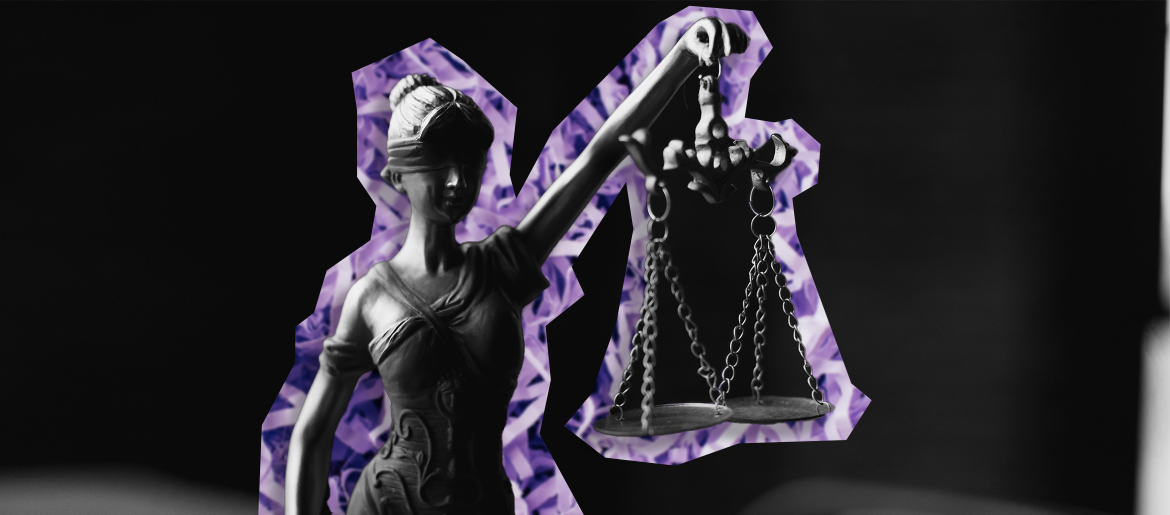After what will no doubt be one of this biggest news stories in Australia’s history – Brittany Higgins’ allegations of being raped at Parliament House – Zee Feed has been asked one question a lot: “Why is no one naming the alleged attacker?” With four women who have now come forward with different, but similar, stories about the same, it’s obvious that lots of people in Canberra and the media know who he is. But his name can’t be revealed because of Australia’s defamation laws, which are tougher than you might think.
Here are the basics:
TL;DR version of Australia’s defamation laws
Australia’s defamation laws are set out in the Defamation Act (2005). The laws are there to protect an individual’s ‘right’ to their reputation – if they feel their reputation has been substantially harmed by public comment made about them, they can sue for defamation.
When someone (or a media outlet) is sued for defamation, there are nine defence arguments they can use:
- Justification
The defendant must prove that the statement/comments made are substantially true. This is, in many cases, much more difficult than it sounds. - Contextual Truth
In a case where multiple defamatory statements are made, and the most serious are proven to be true, this defence can be used for the minor statements. It argues that the smaller statements, even if they are defamatory, do not create additional damage to the person’s reputation if the bigger statements are true. - Absolute Privilege
Applies only to specific, protected situations where people have complete immunity – for example, Parliamentary privilege.
- Publication of Public Documents
The NSW Defamation Act specifies a list of documents that are exempt from the law if published, including transcript of Parliamentary debates or proceedings, records of court judgments, etc - Fair Report of Proceedings of Public Concern
This defence is a more recent addition, and was heavily campaigned for, but it is still very restrictive. The defence must prove that publishing the statements/comments was a matter of public concern – however, the Act limits the definition of ‘public concern’ to a list of scenarios mostly relating to court proceedings or parliamentary and Government activity. - Qualified Privilege
Interestingly, this is what most people would actually consider the ‘public interest’ defence. It applies if the recipient of the defamatory information (the public) has a special, specific requirement to receive that info. It asks the courts to consider: whether the information is of public interest; whether ‘both sides’ of the story were included; how much effort was made to verify the statement; whether the reporting relates to public-facing duties of the person being defamed; whether the content distinguishes between suspicions, allegations and facts. - Honest Opinion
An argument that the published statements were opinion, not fact, and based on ‘proper material’. - Innocent Dissemination
Can be used when the defendant is a secondary distributor of the statements – for example, a bookseller cannot be sued for stocking a book in which the author makes defamatory comments. - Triviality
That the defamatory statements are unlikely to cause any harm to the person’s reputation.
For the media, the most applicable defences are Justification, Public Concern and Qualified Privilege. They either have to prove that the claims are true or that they are in the public interest enough to warrant serious damage to an individual’s reputation. Both are really hard to do.
Related Posts
How do we compare to other countries?
Australia’s defamation laws have been modelled off those in the UK. In 2020, NSW approved changes to bring defamation laws even more in line with the UK, including requiring that the person suing prove their reputation has faced ‘substantial harm’. That change will be implemented in all states soon, but has not been made official yet.
In the US, where free speech reigns supreme, the responsibility of proof in defamation cases actually falls to the plaintiff. The person suing must be able to prove the defamatory statement is false.
Why defamation on social media is even more confusing
There’s one other ‘quirk’ of Australia defamation law that’s worth knowing. As it currently stands, the law holds media publishers responsible for defamatory comments posted by social media users on media pages. The precedent was set by a 2019 ruling in the NSW Supreme Court.
A quick summary of the case: In 2016 and 2017, many news sites wrote articles about Dylan Voller – including the Sydney Morning Herald, The Australian and Sky News. The news sites shared the links to those articles on their Facebook pages, which is standard practice for media companies. Other users – random, normal people on the Internet – then commented on those Facebook posts, saying defamatory things about Voller.
Voller sued the media publishers for the comments made by users under their posts. The judge ruled in his favour, setting the precedent that news sites are responsible for user comments published on their social media channels.
It goes to show how out of touch these laws are with digital and social media, and why reform is still necessary. The media companies will appeal the case in the High Court this year.
When will the man who allegedly assaulted Brittany Higgins be named?
For this story specifically, it’s most likely that the alleged attacker will only be named if and when formal charges are laid against him. This would allow the media to report on information – that The Man has been charged with certain crimes – that is technically true under the Justification defence.
Even then, it’s still risky under the current defamation laws and the nature of sexual accusations. We’ve seen this with Geoffrey Rush – he successfully sued The Daily Telegraph for publishing claims made by a co-star that Rush had groped her. Despite the fact that the Tele reported them as ‘claims’, they ultimately could not prove that the claims themselves were true. Rush, however, was able to show that his reputation was significantly damaged by the article.
If the media was to name the Liberal staffer too soon – even while using words like “alleged” – he could potentially sue for defamation if he is either a) not charged with any crimes, or b) is cleared of those charges in a trial.









